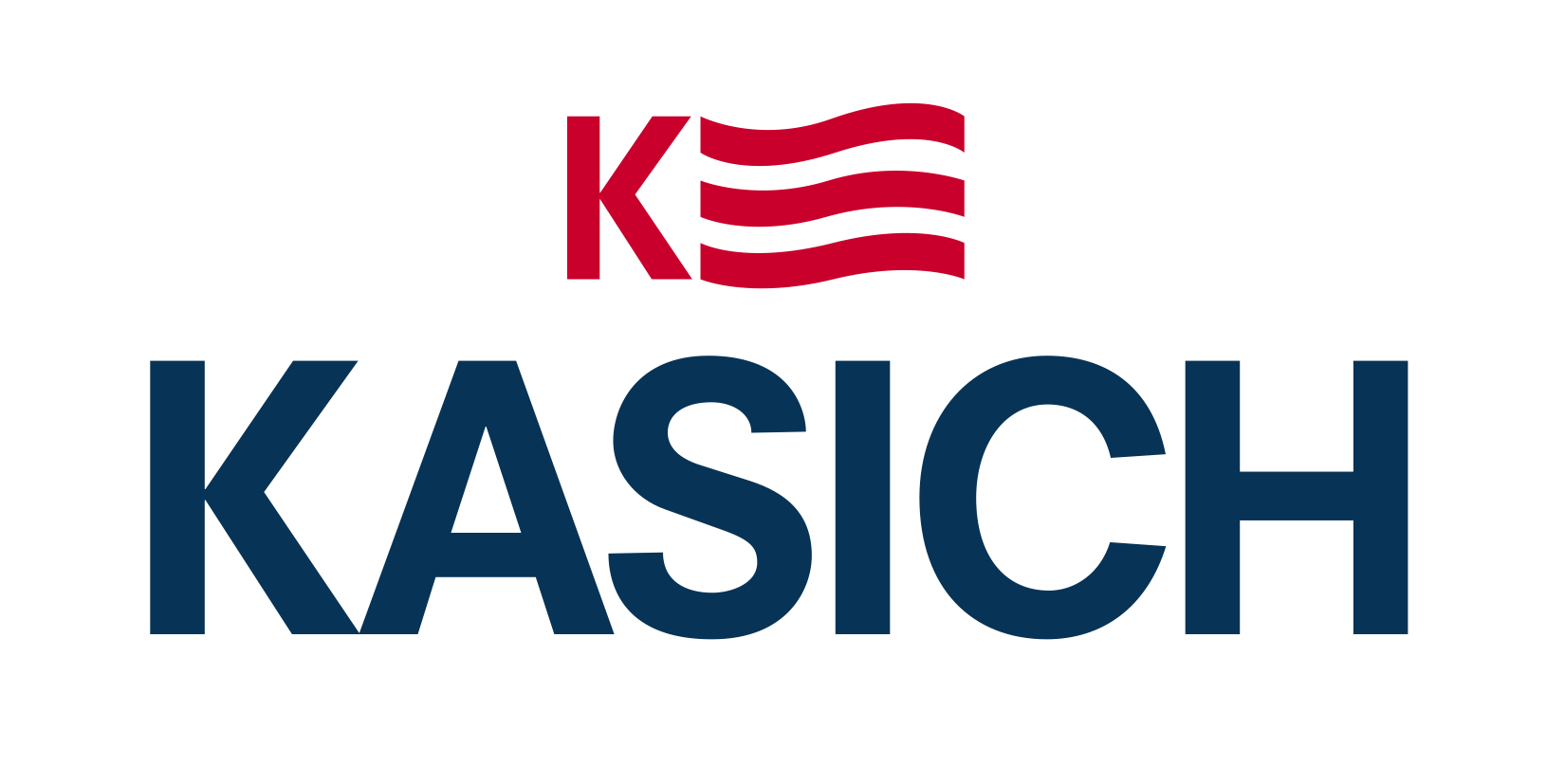Washington Post Op-Ed (Jennifer Rubin): John Kasich’s unusual, uplifting commencement speech
Jennifer Rubin recently authored an op-ed for The Washington Post about Gov. John Kasich’s commencement speech at the Harvard’s Kennedy School of Government:
Those graduating from Harvard’s Kennedy School of Government probably did not expect a discourse on philosophy, God and love when they invited Ohio’s Republican governor, John Kasich, to deliver a commencement speech. But that’s what they got, and judging from the applause, they quite enjoyed it. (Harvard Divinity School graduates might have enjoyed it, as well.)
He told the audience that, although he studied great secular philosophers, he chose faith as his life’s compass. Kasich explained, when you boil it down, the Bible is about love and the reaffirmation that we are all created in God’s image. “It is our duty to reflect the character of our Creator. . . . We have no right to dismiss or alienate any other human being. It means we must show respect.” The Bible teaches us about humility, responsibility, justice, he said. “But fundamentally, it is about living a life a little bigger than ourselves. It really is about treating others and loving others, which means doing good for others even when you have no self-interest.”
Kasich acknowledged that religion has taken his lumps, but he argued that the problem is not with the underlying message of love upon which the world’s great religions are based. “In many respects, religious authorities,” Kasich remarked, “have done more to create a negative view of what the Lord wants than those who have no faith at all.” (Consider that this is the age of hypocritical evangelical Christians rationalizing President Trump’s inexcusable behavior.)
Kasich then proceeded to talk about virtue as the foundation for self-governance. Virtues that “are written on our heart, are instinctive,” Kasich said, are on display all around us. He cited recent examples of selfless love — rescuers picking up Hurricane Harvey victims in Houston, strangers saving others in the bedlam of the Las Vegas shooting, and the Parkland, Fla., students, whom he praised. Where was he going with all this?
His message was both spiritual and political: We shouldn’t wait for the politician on the white stallion to appear, but rather we need to exhibit virtue in our own lives, making a difference in our communities and workplaces. While great acts of courage sometimes require sacrificing one’s life or freedom, it can be as easy, he said, as a Wells Fargo employee refusing to open a phony account. “There is a price to be paid for standing up, but when you do stand up you go down in the memory, in the minds of people around you as a hero, as an inspiration,” he said.
Kasich asked the students to look at the state of the media, sports, business, organized religion and Hollywood — where virtue is in short supply. He implored them to “slow down” and live a life based on those virtues “written on your heart.” Kasich reminded them we all have “the power to spread this contagion of courage to another person.”
If there was any political message, it came at the end of his remarks. “You want to fix this country?” he asked. “You fix it where you live, and you knit together a network of people who seek the truth, who are objective and rational . . . and you’ll fix the country.” That could be a message for a presidential candidate, a call to fix our politics from the bottom up. (He reminded graduates who were not alive at the time that the civil rights and anti-war movements were bottom-up efforts to force political change.) And plainly he has his eye on millennials, whom he sees as a generation in search of higher meaning and purpose.
It was a bracing speech precisely because it was so different in tone and message from the ruthless, mean and dishonest politics of the Trump era. Kasich didn’t have to spell it out, but any sentient observer could understand that he was making a pitch for elevating the importance of character in politics and repudiating soulless and cynical politics based on self-interest. It’s an attractive, hopeful notion that we can free ourselves of the knot in our stomachs and the pounding in our heads that we experience from following the machinations of Trumpian politicians. Indeed, that is the premise of our democracy — that it’s the people who ultimately determine the government they get.
We’ve seen evidence of this spirit in the #MeToo, “dreamer” and gun-safety movements, in the efforts to push back on President Trump’s overreach and shore up democratic norms. We will see in November whether that translates into votes and a change in political control in Congress. If so, Kasich may find encouragement to start his alliance of sanity, be that in the form of his own campaign or in a new political party/movement. If nothing else, Kasich’s remarks reminded us that we can aspire to something better, to simple decency in our own lives — and in the politicians we elect.
